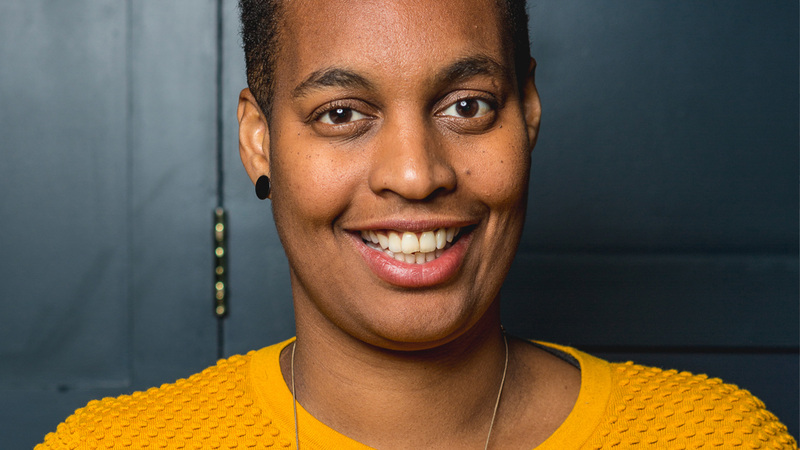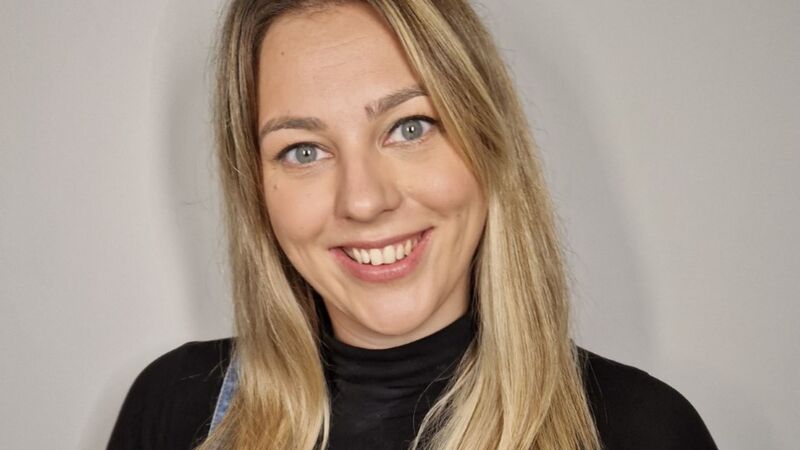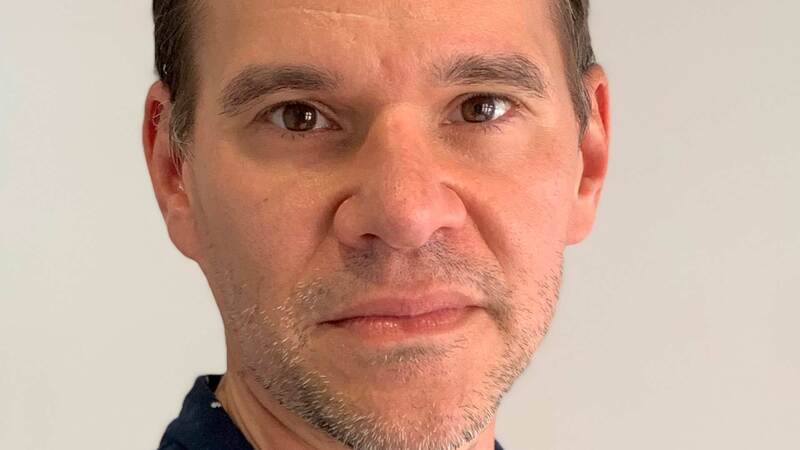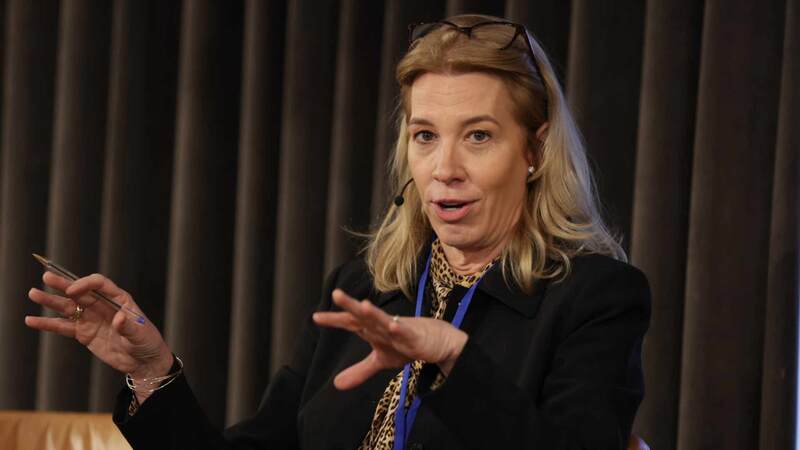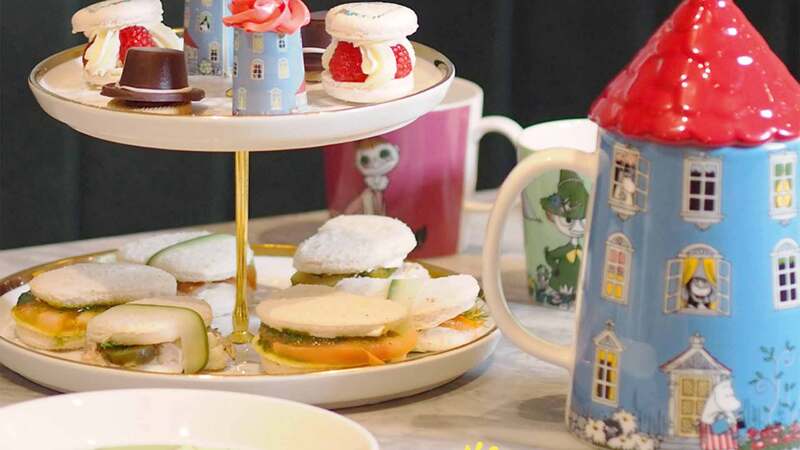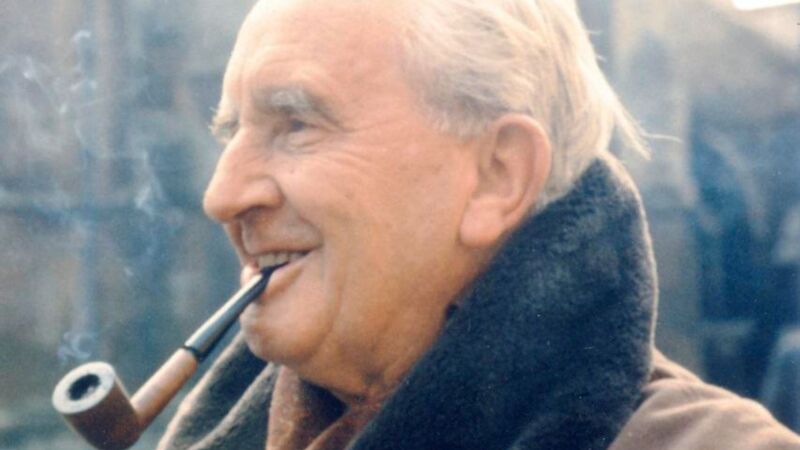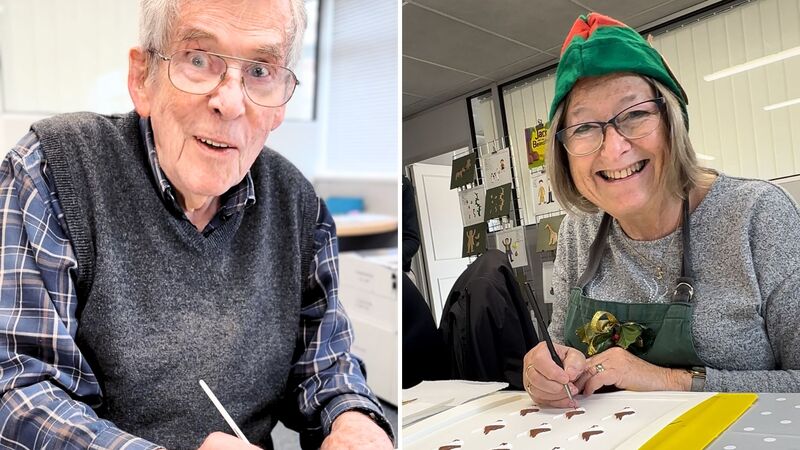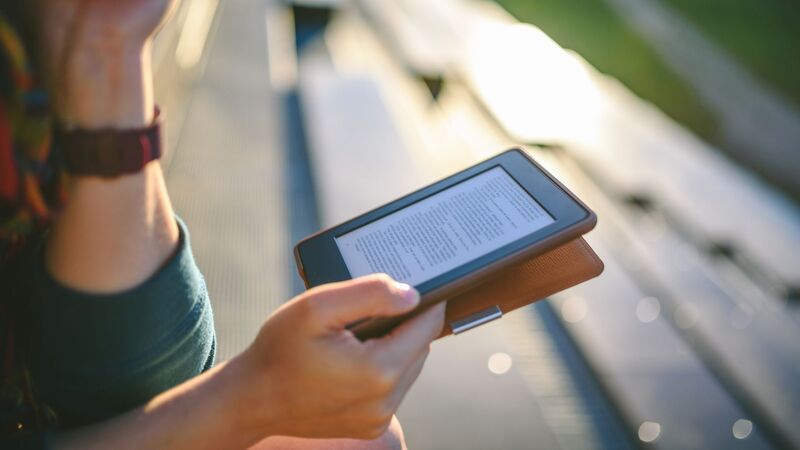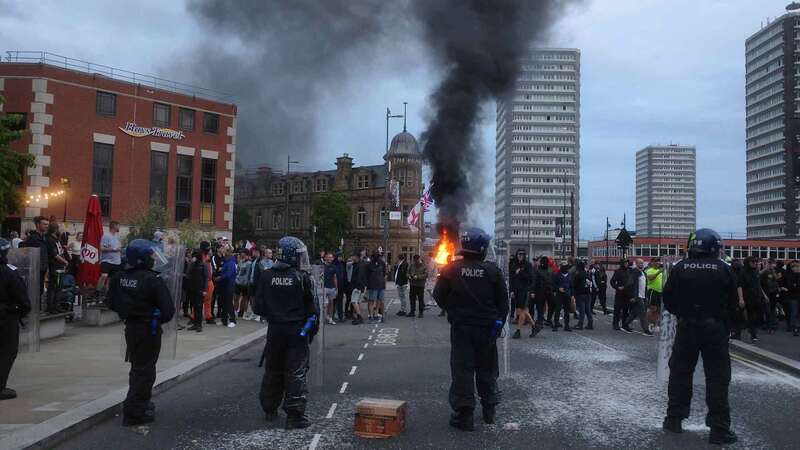You are viewing your 1 free article this month. Login to read more articles.
'Send it after the victory': how Ukrainian publishers are keeping culture alive
In her second column from Ukraine, publisher Kateryna Nosko reports on the efforts of publishers, bookshops and other arts organisations to keep going in the midst of war.
Every day I’m reading a wartime diary by artist and novelist Yevgenia Belorusets who has been staying at her home in Kyiv. On the twentieth day of the war, she writes: "The people of Kyiv are returning. It is hard to believe, but it is so." People are trying to return to their homes, even if they are close to the frontline. My friends from Kharkiv, where more than 600 houses have been destroyed, are gradually getting used to the aid raids and shootings.
In Kyiv, renowned historian Natalia Yakovenko is translating Titus Livius from Latin to Ukrainian. IST publishing editor-in-chief Boris Filonenko (born and raised in Kharkiv), has started reading a book on defence architecture and how cities are rebuilt after war, along with W S Sebald’s On the Natural History of Destruction. Ukrainian architects, such as Oleg Drozdov, are already occupied with thoughts about Kharkiv’s restoration. He is currently rebuilding the Lviv Regional Sports School for Children and Youth in Stryi Park into a place of residence for internally displaced people.
So, some of us are already starting to adapt. Yet it is still difficult for me to accept the new reality, in which life is reduced to war and permanent danger. Today it has become known that there is not a single place in Ukraine where there is no military threat without risk of shootings or sabotage groups. Mind you, Ukraine is 603,548 km².
Our government has asked everyone who is not taking part in direct military action to continue working. After these words, I decided to recall what I had been busy with before the war. Along with IST publishing co-founder Nastia Leonova, I identified that the crucial task for us today is preserving what has been left—our team and our books. Thus, we plan to evacuate part of our stock to a safe place, but it is easier said than done since our books are in Kyiv, where access is restricted. There is a similar situation with another part of our stock in Kharkiv. We cannot check if the house where they are has been destroyed. Apart from that, active armed battles are happening right where they are, so we are searching for a driver who could collect and evacuate them. Our distributor from Amsterdam, Idea Books, made a big order as an act of support. They know that before sending the books, we need to evacuate them. So they have reiterated several times: "please, please do not go into danger to move the books!!". And yes, we are trying to be careful.
We feel that we are not alone and that people from all over the world are ready to do everything possible to ensure that Ukrainian culture persists
Clearly, the state of uncertainty puts its limits on long-term publishing planning, and logistics chains are now broken. But at the same time, we set ourselves another task – to make efforts to reconfigure the publishing process so we can progress our work, slowly, with pauses. We’ve managed to send Pavlo Makov. The Fountain of Exhaustion. Acqua Alta to print. It is a book for the Ukrainian pavilion of the Venice Biennale 2022. In my previous column for The Bookseller, I wrote that we were unsure if we would manage this. In addition, a Ukrainian-language version of the book, which is being published with the support of our Lithuanian partners, is being prepared for publication. We feel that we are not alone and that people from all over the world are ready to do everything possible to ensure that Ukrainian culture persists.
Today, more than 50 Ukrainian publishers have opened access to their e-books and audiobooks. Our website is working and some orders are being made, usually from abroad. We write an email to every one of them saying that we can’t ship the order at the moment because of the war. We get responses that firstly, they are surprised by us answering work emails, and secondly, these contributions are made as support. In regard to the order – "send it after the victory".
Some Ukrainian publishers continue working, for example, by translating current texts into foreign languages. Some manage to process orders and ship their books. Where possible, bookshops are reopening. One of the biggest book festivals in Ukraine, Book Arsenal, has sent out a newsletter with an invitation to update the catalogue for the sale of rights abroad. As a small press, I must say that we have never dealt with the sale of rights. We were always busy with purchasing them instead. So this was the first time we’ve prepared a catalogue for international publishers and literary agents. Such an opportunity has always been there, but since there was always something more urgent on the agenda, we had never attempted it.
But as far as I know, few people have managed to hold a book in their hands in these three weeks. It is only possible to read news, maybe poetry. However, I personally managed to read a practical manual, How to Survive an Armed Conflict, and recently opened Remarque. I realised around page five that what used to seem like fiction to me now has a very non-fiction feel. Today, Remarquian reality is possible not only to feel but also to live through. So, I haven’t returned to this reading yet, because there is too much of this reality anyway. There aren’t enough words to describe all the horrors, and when the words are found, they appear incomparable to what is happening in the real world. Today we operate in simple terms because everything else seems excessively inappropriate.
At the same time, it is inspiring that cultural processes such as the Shevchenko Prize for Ukraine continue. The state award founded in 1961 announced its winners and finalists in culture and art on March 9th, the fourteenth day of the war. There is a strong feeling that this is fundamentally important, especially today, because, as we know, culture interruption is dangerous. So we carry on.
Translated from Ukrainian by Daša Anosova.







